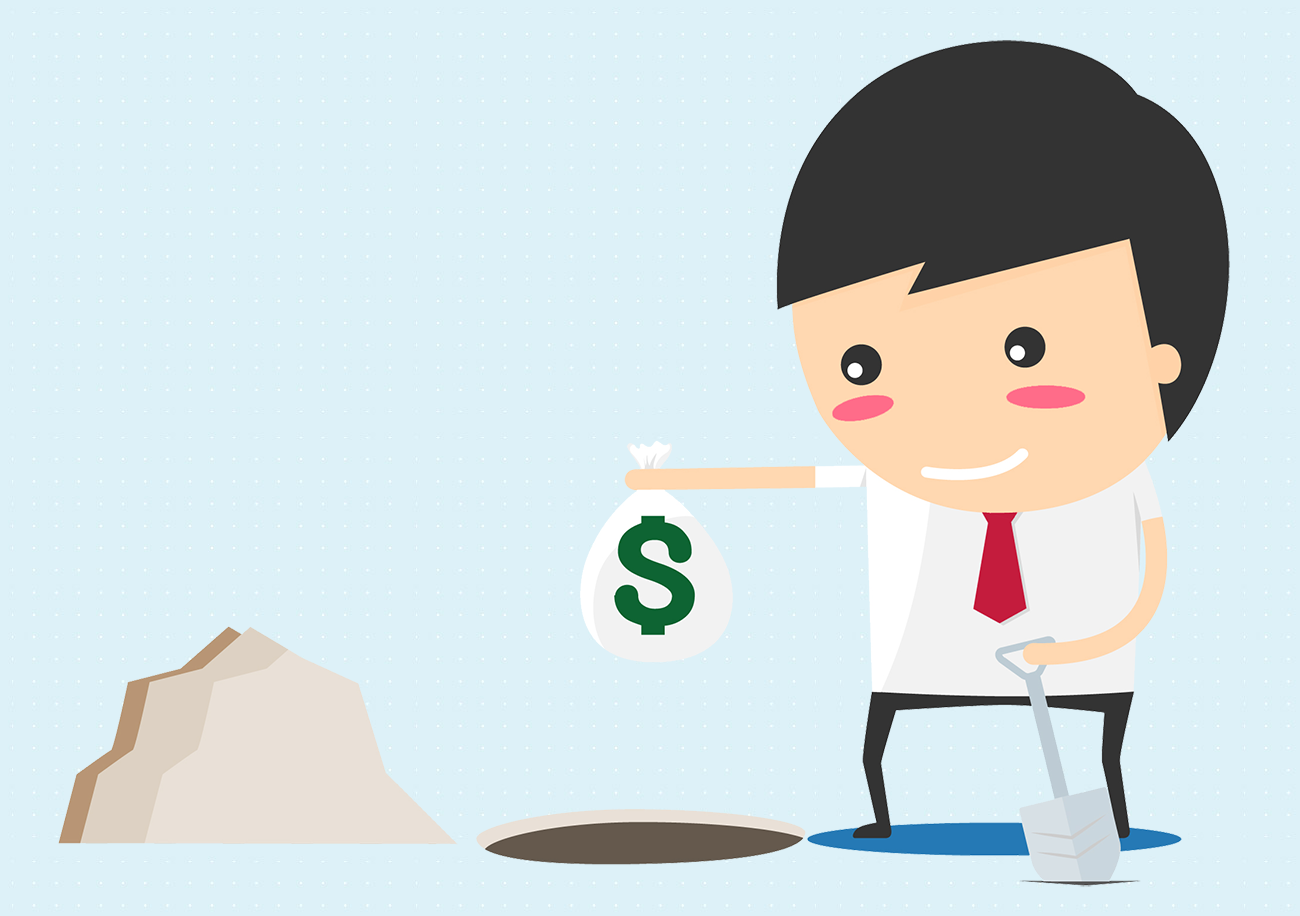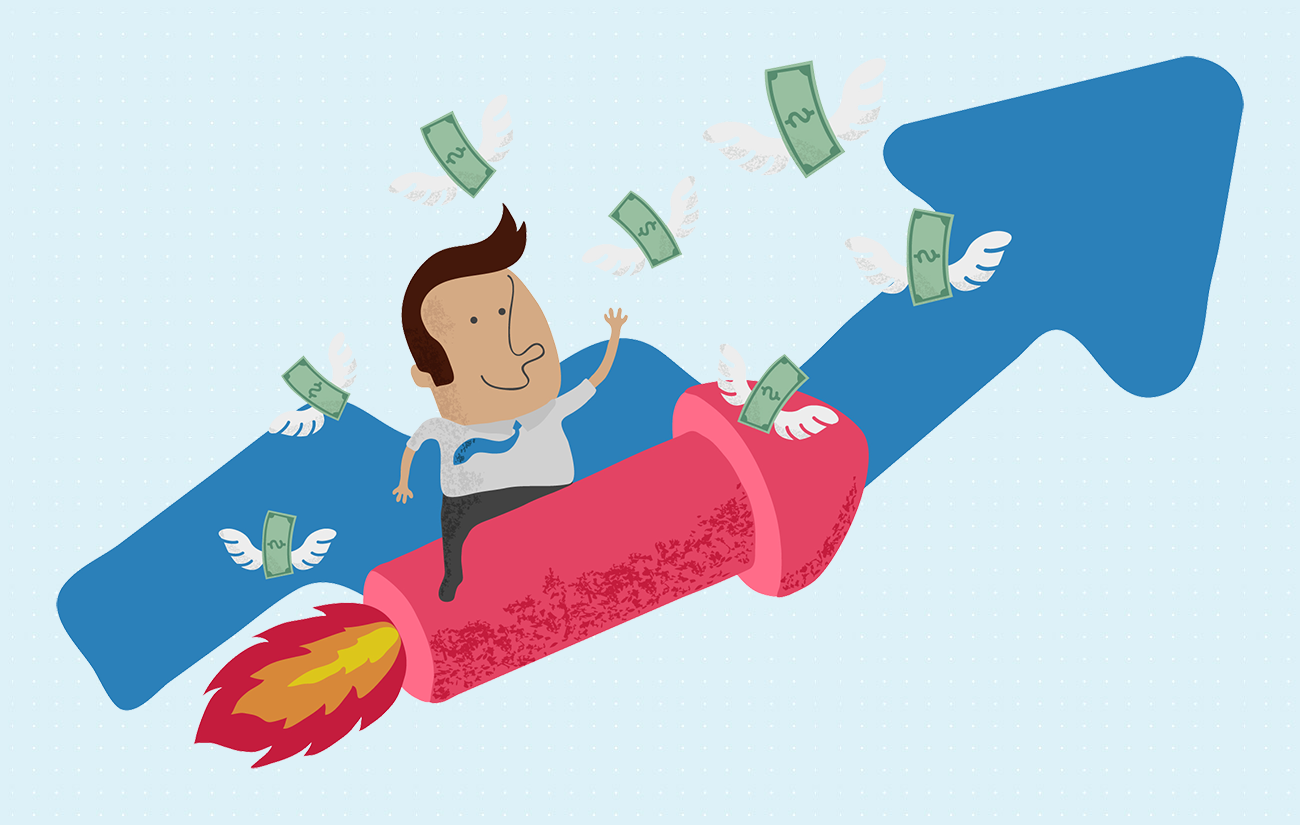Savings Goals
Net Worth
 Certificate of Deposit Calculator
Certificate of Deposit CalculatorThis calculator will figure the future value and annual percentage rate of your certificate of deposit based on its compounding interval. You can also enter your personal income tax bracket and the expected level of inflation to see what your nominal and real gains are after accounting for income taxes and inflation.
Guide published by Joelle Jacinto on November 29, 2019
If you have extra money that you won't need soon, investing in a certificate of deposit may make sense. CDs are interest-bearing time deposits where money stays in an account for a specific period of time, during which it may not be withdrawn. CDs are available in many terms:
Banks compensate savers for the time value of money & inflation risk by paying interest, with yields rising over longer terms.

Banks like timed deposits, as they are a stable source of funding for personal & business loans. CDs give the bank the right to use your money for a period of time, compensating you with accumulated interest over the term.
Here are common phrases associated with CDs.
Open a CD if you have money you will not need imminently & want to save in a low-risk fashion for a future goal. For example, if you wish to travel, or want to put down a larger downpayment on a house or car, you can earn interest on your current savings using a CD.
The main difference between a passbook savings account and a CD is you can deposit and withdraw money from savings accounts anytime. A CD is fixed for the duration of the term. CDs typically offer a higher interest rate than savings or checking accounts. The point of the CD, after all, is for it to grow compound interest.

If you make an early withdrawal from the CD, you will have to pay a penalty. Penalties usually amount to several months of accrued insterest.
As mentioned earlier, longer terms yield higher interest rates. High-interest savings accounts can offer competitive rates to shorter duration CDs. Deposit rates vary by bank. Some financial institutions offering higher rates online to attract new customers
Even if you trust your current bank you should compare rates before opening an account.

In some cases bonds represent traunches of credit quality associated with a group of financial assets. A bank can combine many residential mortgages or auto loans into a single security and then sell slices of that security to other investors, offering lower yields to senior slices and higher yields looking to achieve higher returns while taking on greater risk of loss.
Similar to a CD, your money earns interest over a period of time, but may be sold before the bond matures.
Another difference between CDs and bonds is the minimum investment in a bond is typically higher, depending on whether it is a U.S. Treasury bond or a corporate bond. Minimum investments required can range from $100 to $5,000.
Bonds are recommended for long-term investments. Maturity can range from one year to 30 years. Bonds offer steadier income if you build a portfolio across multiple sectors, risk levels, and durations.

Unlike CDs, corporate bonds have a risk of loss, as the ability for a business to fund operations depends on economic performance. You may incur loss if the company becomes bankrupt.
You can set up an accout at TreasuryDirect to purchase low-risk federal bonds directly. Interest income from the Treasury is taxable, though many municipal bonds are tax free.
Riskier bonds are a bit harder for a part-time investor to invest in as the bond market is less liquid than the stock market. To be able to purchase individual bonds, you will need to build up your bond portfolio, which assumes that you have substantial funds to do so, as the cost of these are usually in 6 figures.
Many investors choose to buy individual bonds apart from U.S. Treasury bonds through bond mutual funds or exchange traded funds, which provide convenient access to a diverse group of bonds. Close ended funds are generally considered less risky than open ended funds. If another investor chooses to sell a portion of their open ended fund in a panic when there is little liquidity they also lock in losses for other investors who remain invested in the instrument.

In the finance world, CDs won't yield the highest returns, but they are low risk. A nifty strategy known as laddering can give you the higher rates of a 5-year CD term, while some of your CDS mature annually. This is each step in the ladder:
The result: you have five CDs wih 5-year annual percentage yield (APYs) maturing annually, giving you better access to your investments.
CDs aren't taxed but the interest made on CDs is taxed as oridinary income on your tax return. Here are two easy rules to follow:
If you need to make an early withdrawal on your deposit and pay a penalty, you can deduct the full penalty, even if it is more than your earned interest.
Joelle sees writing as a craft, and is genuinely interested in the topics she tackles, which have ranged from finance and transportation, to pop music, to business advice, to society and culture, to performing arts. She has a Master's in Art Theory and Criticism from the University of the Philippines and is pursuing a PhD in Philippine Socio-Cultural Studies. Her works have been published in broadsheets, lifestyle magazines, online portals and academic journals. Her performing arts reviews have been published in Malaya, Manila Times, Critics Republic, Malaysia, and RealTime Arts, Australia, while her academic work appears in The Borneo Journal and the Journal for the Anthropological Study of Human Movement.